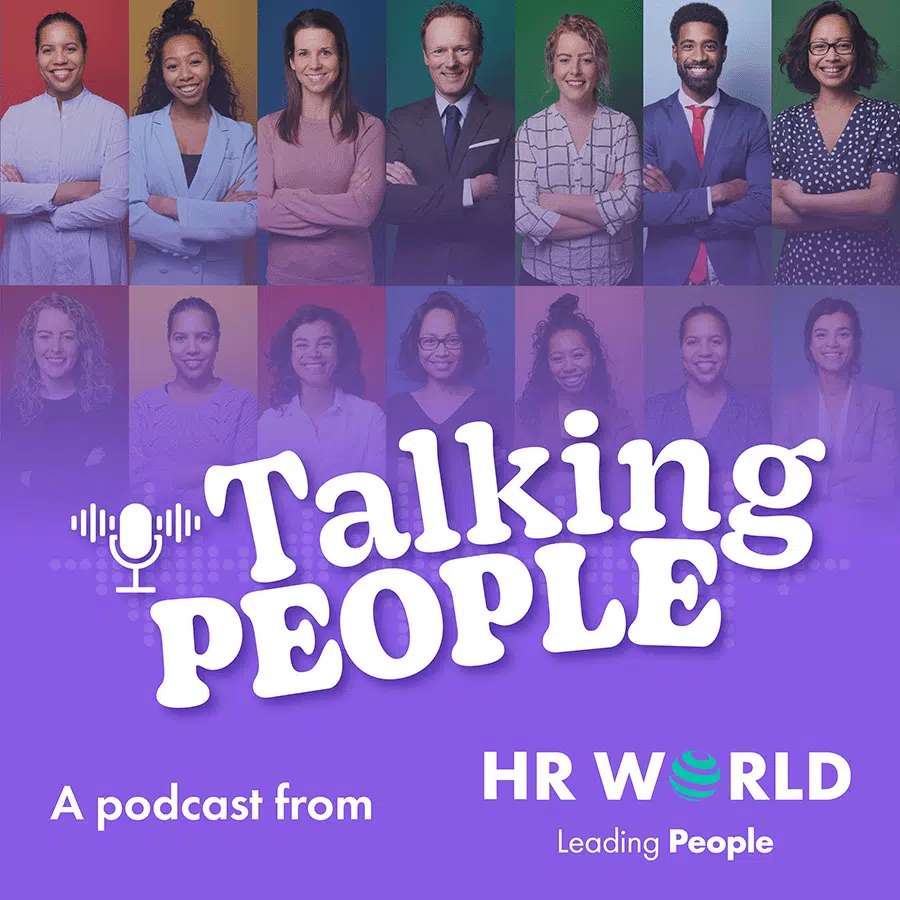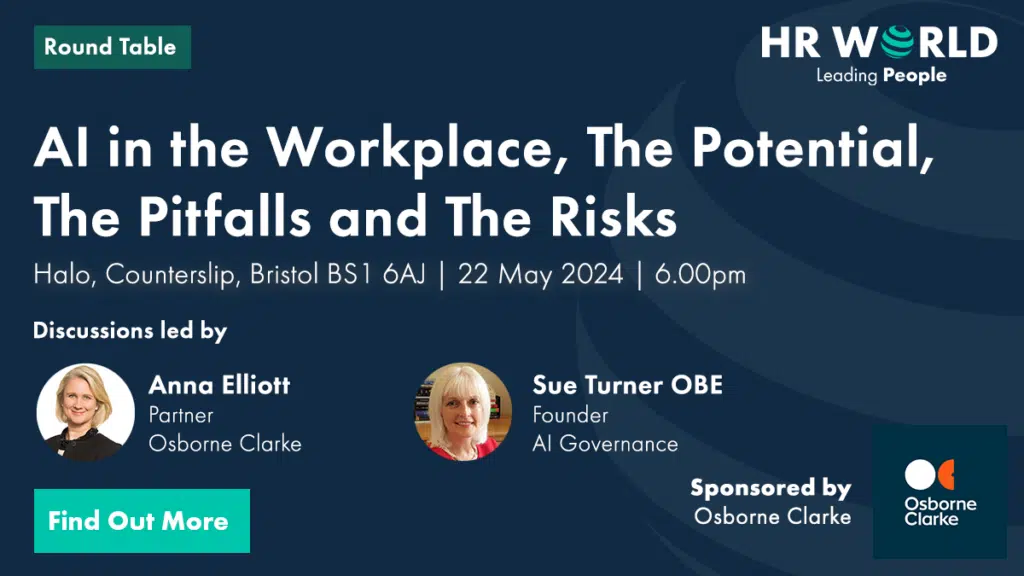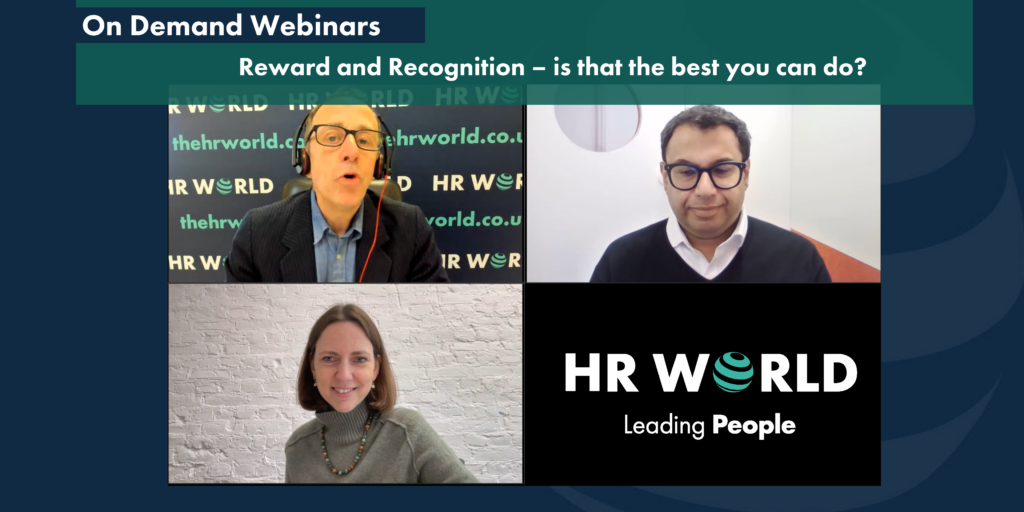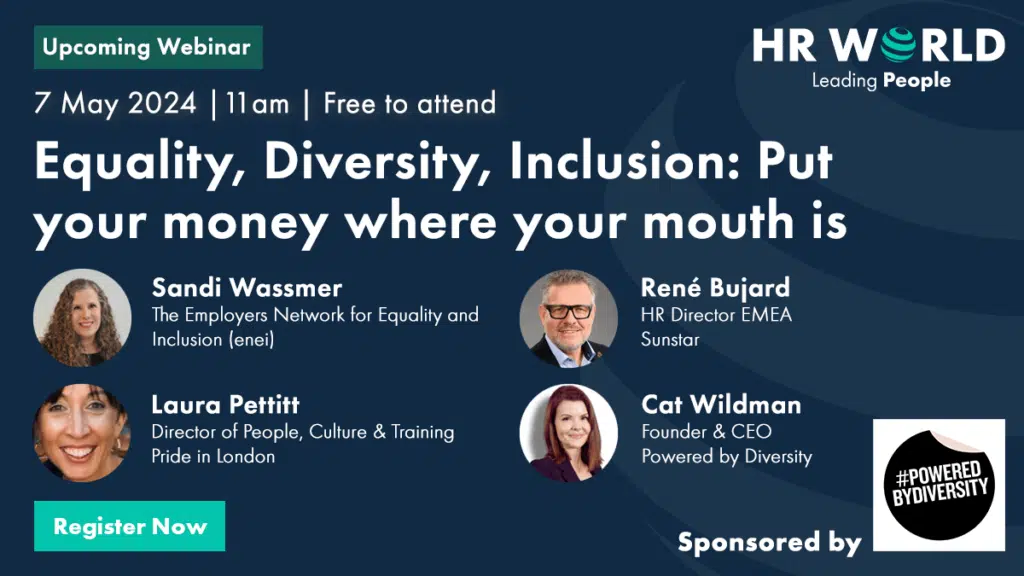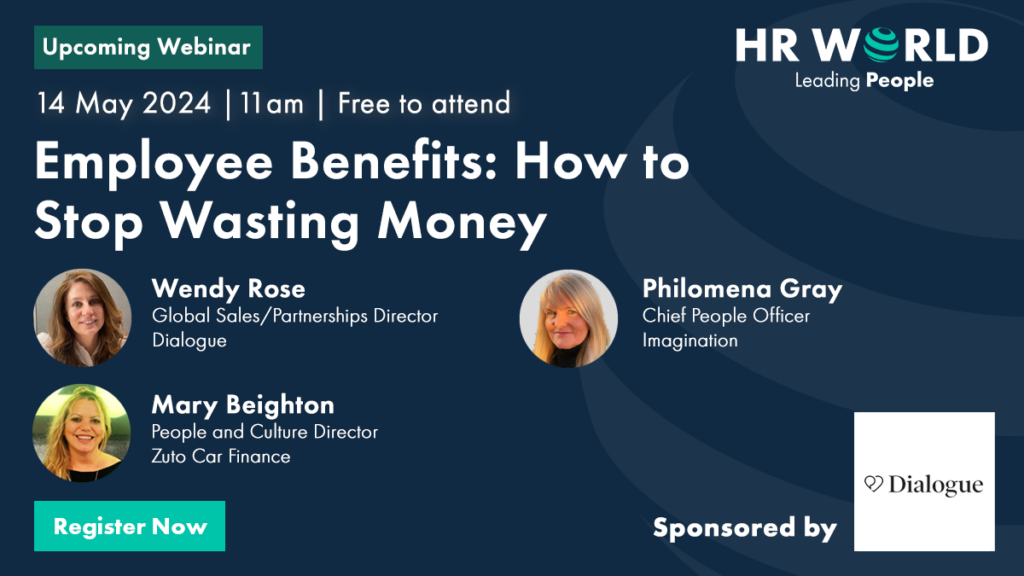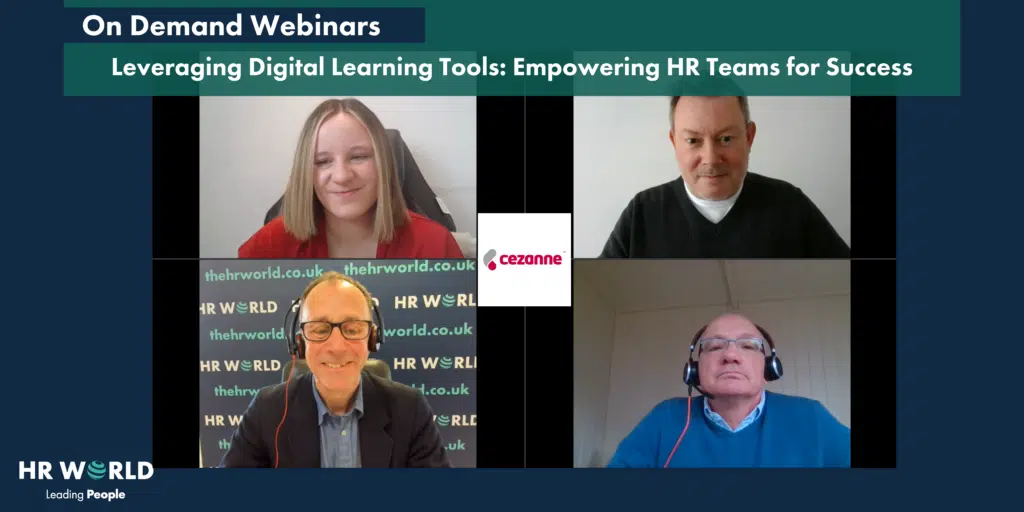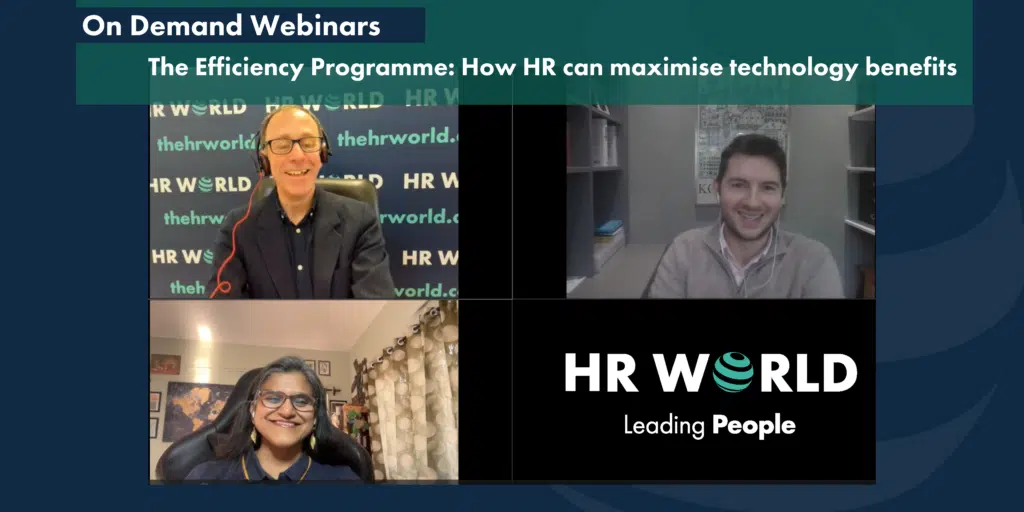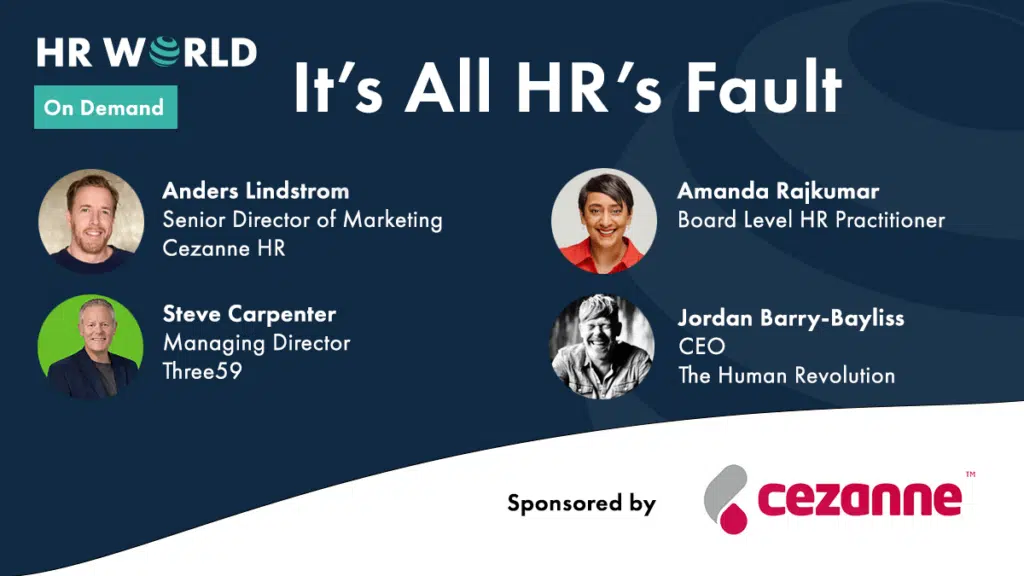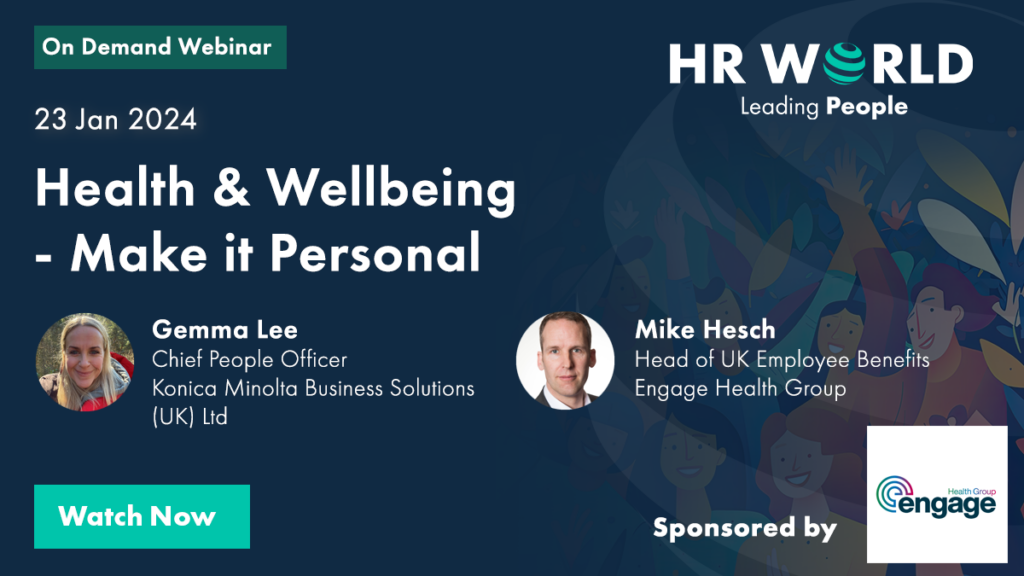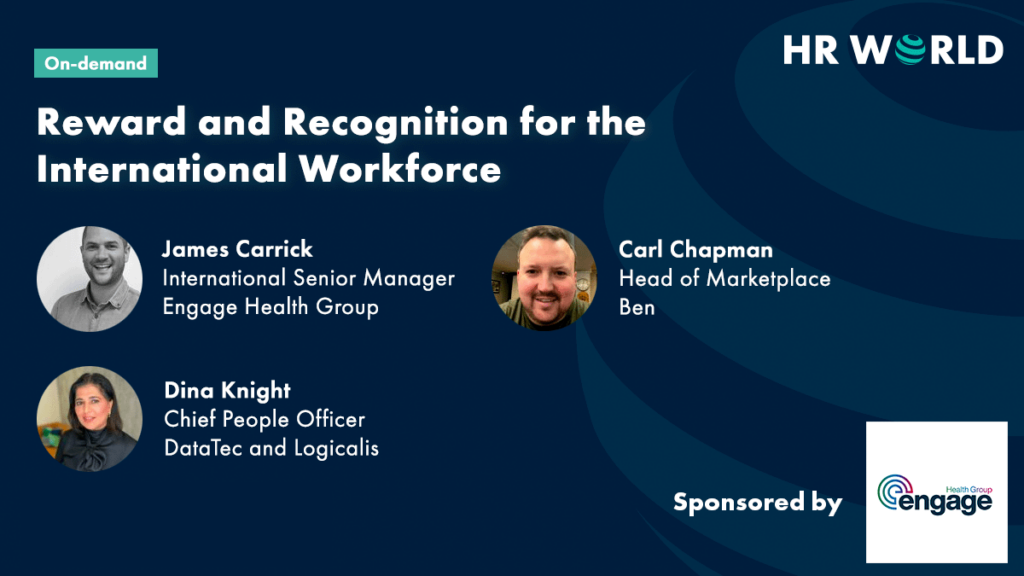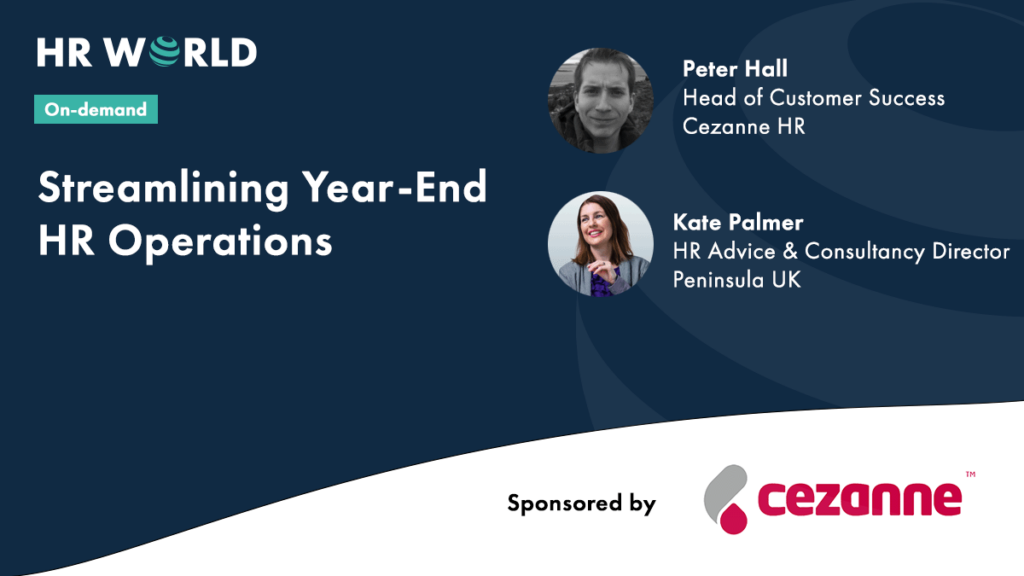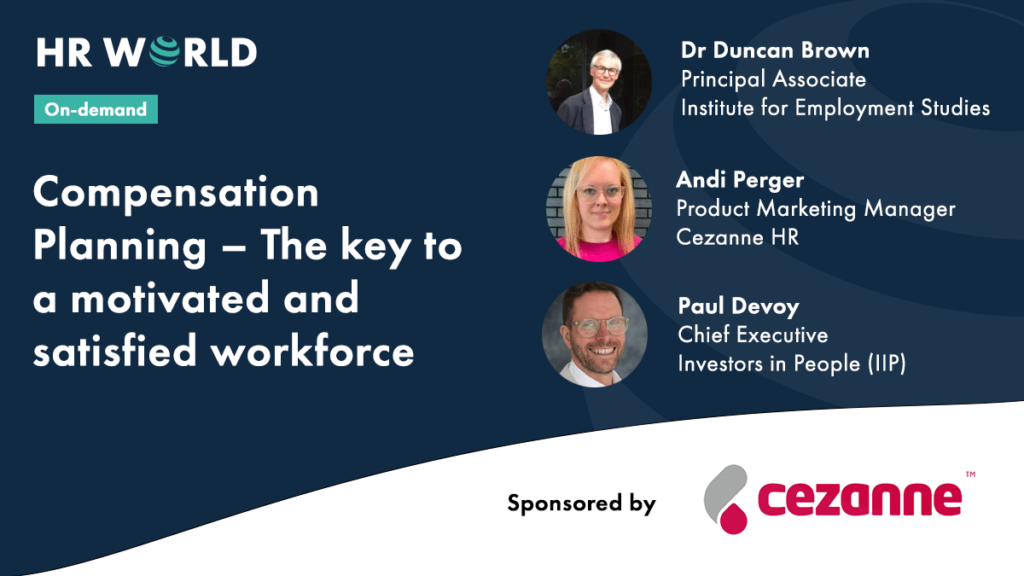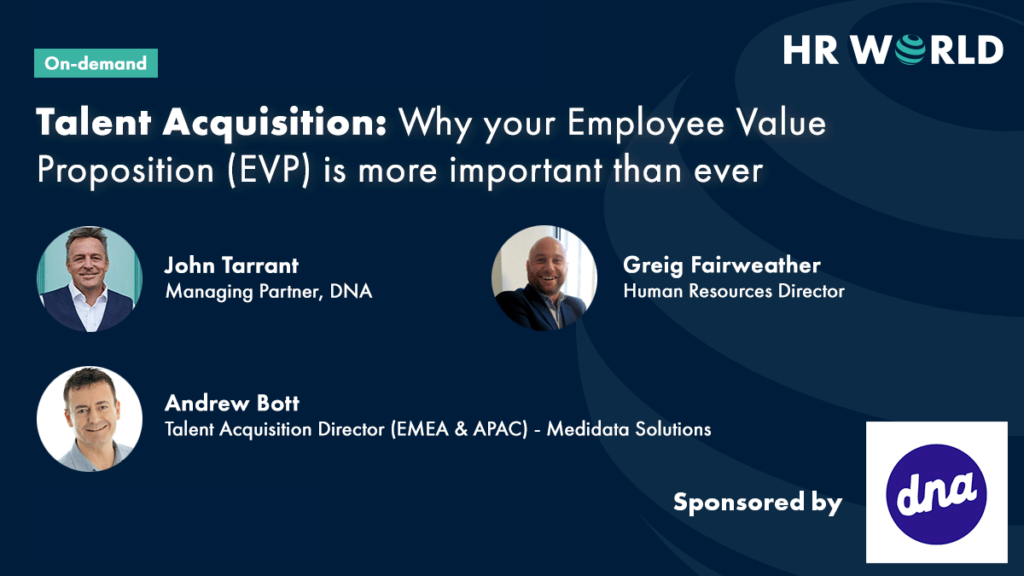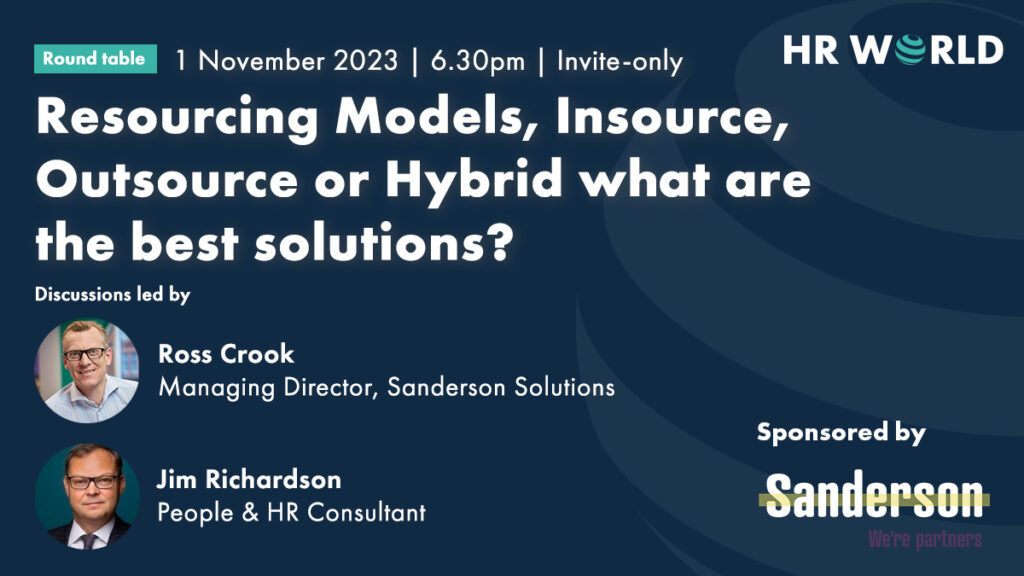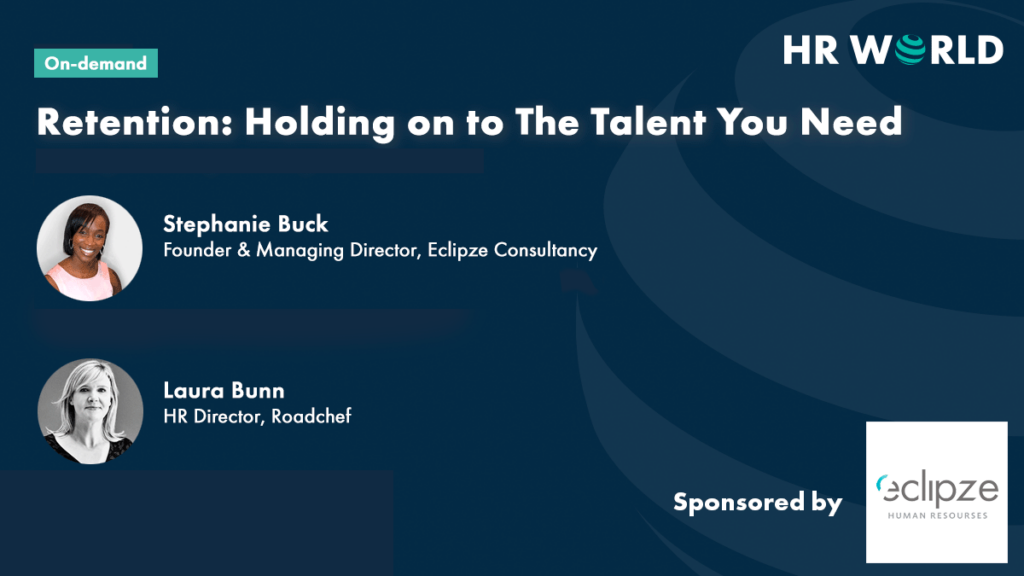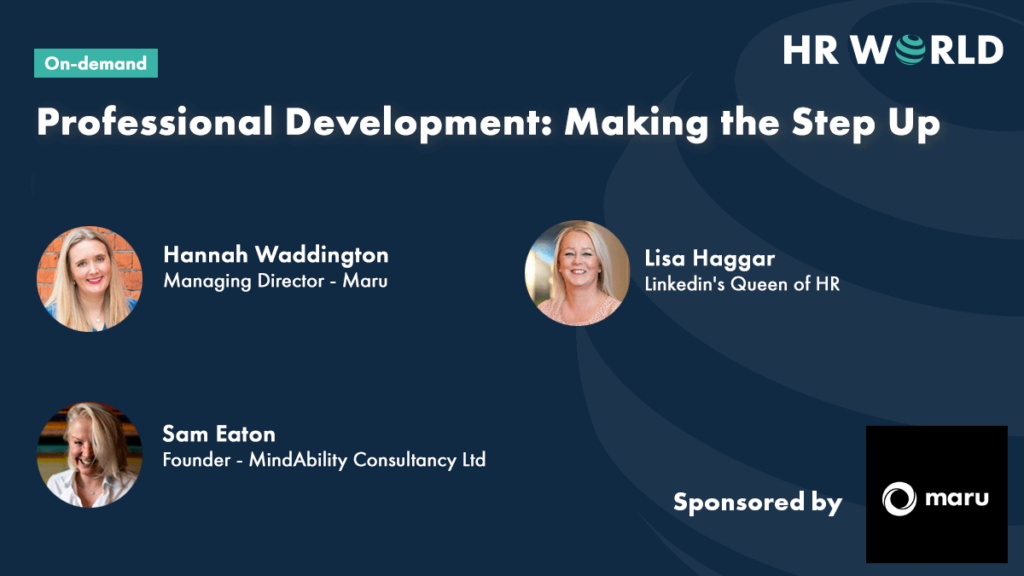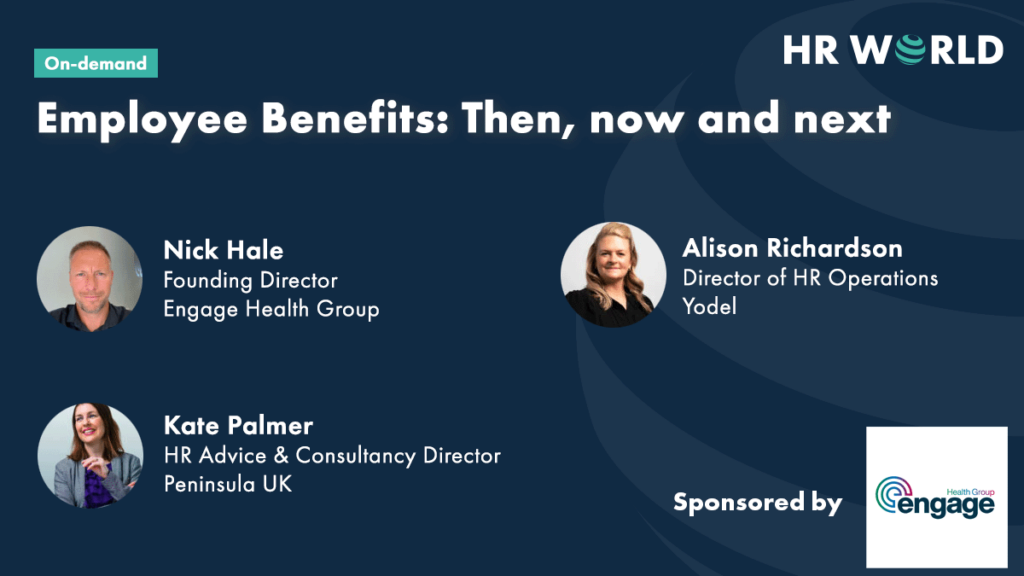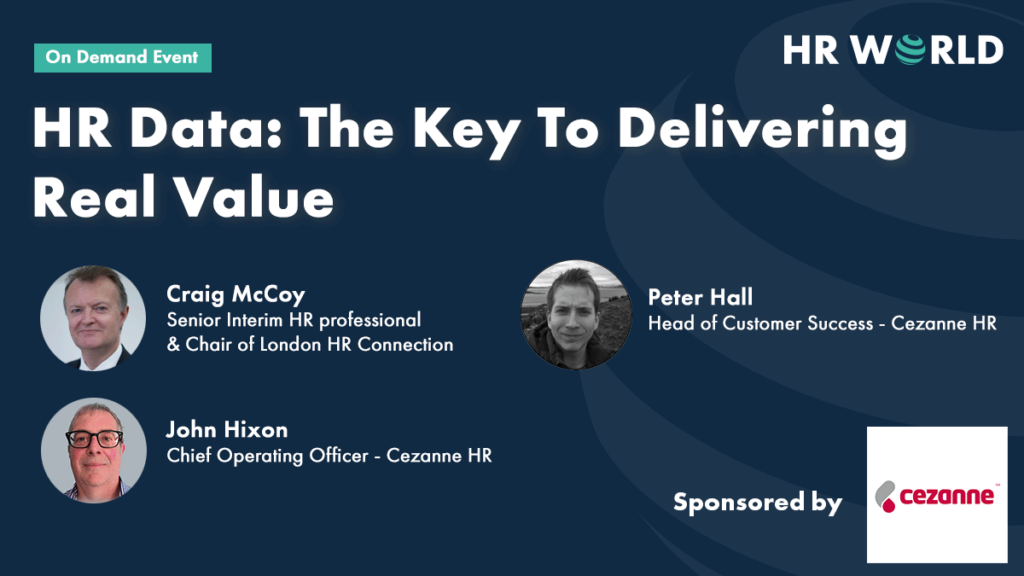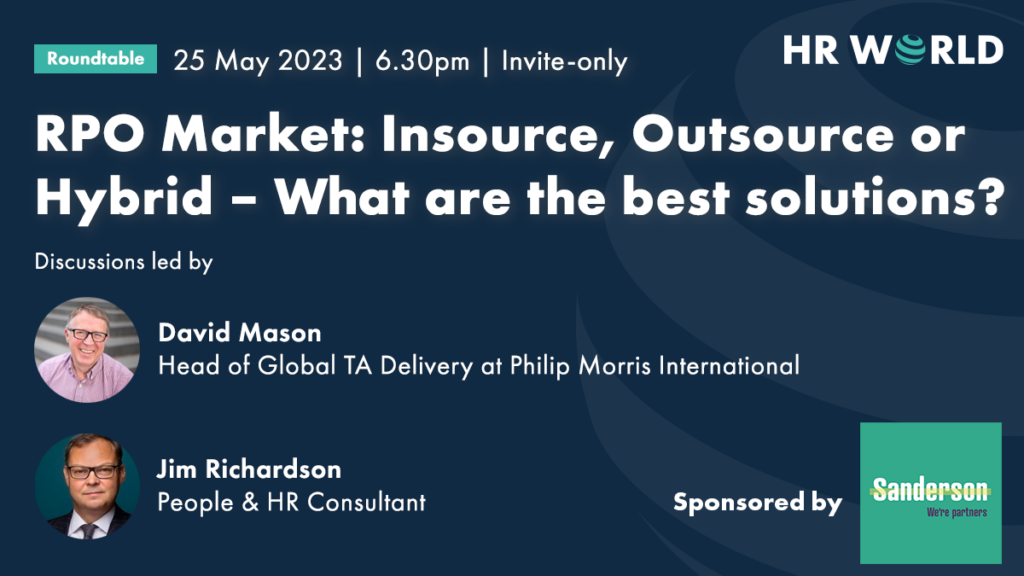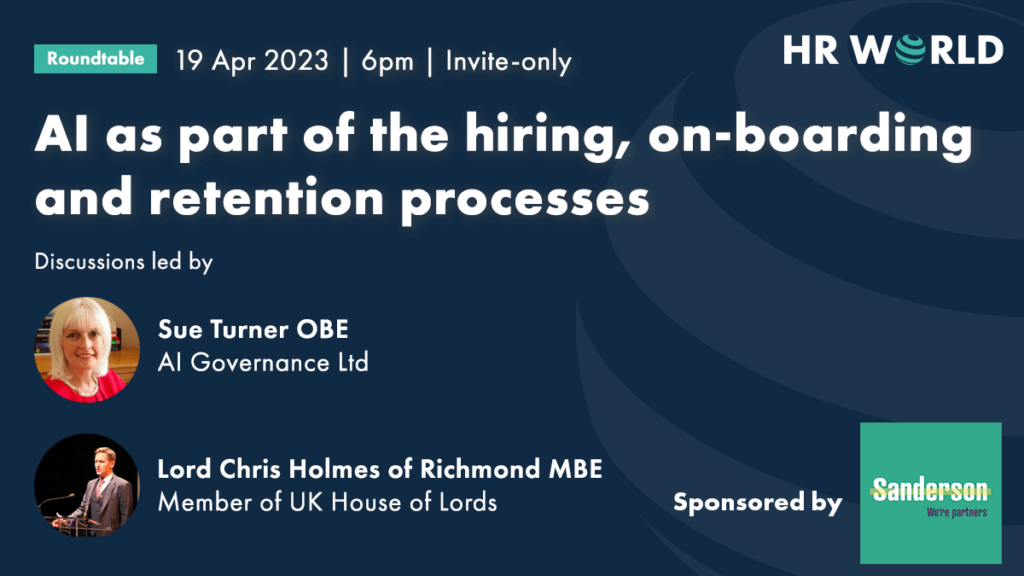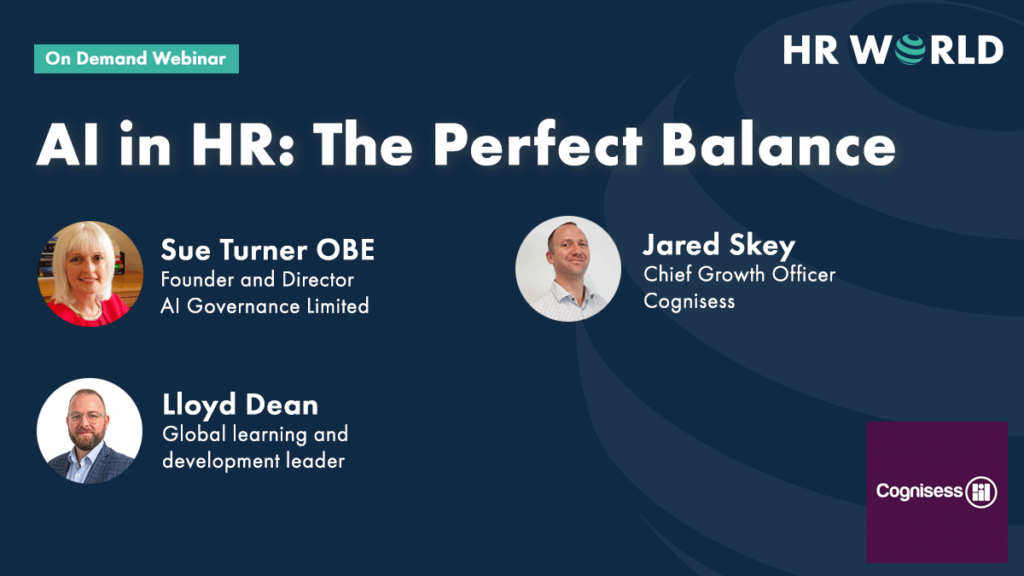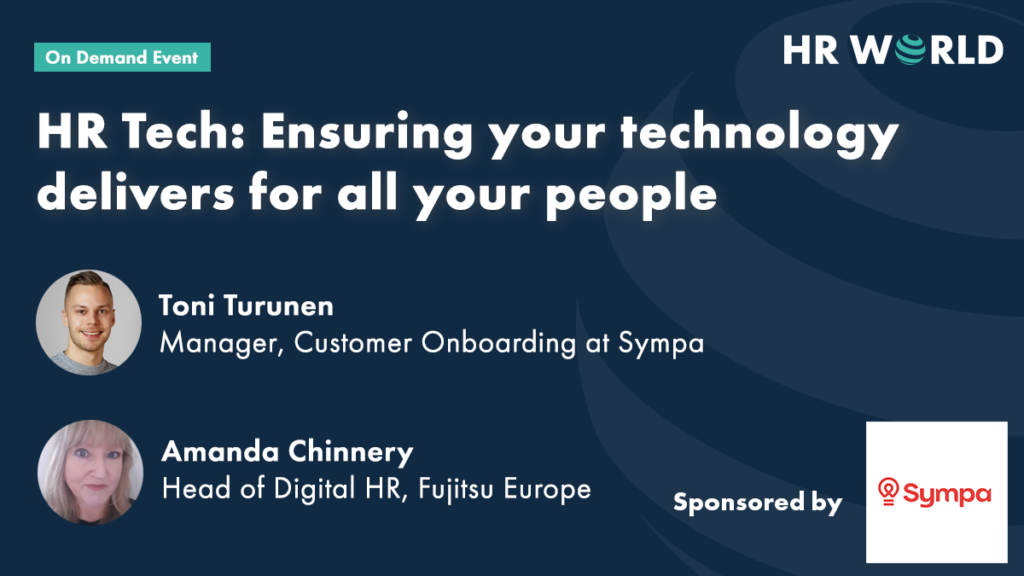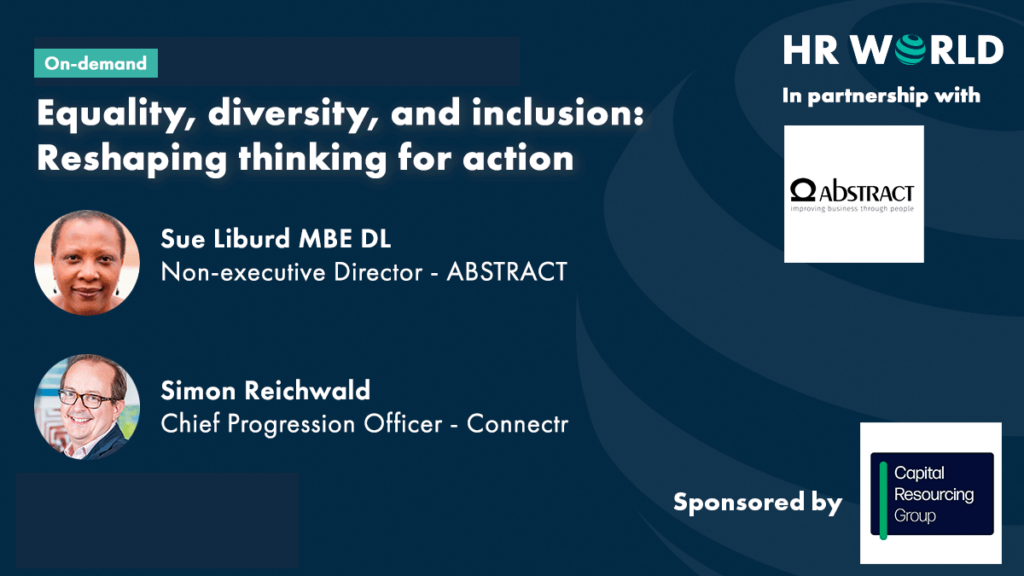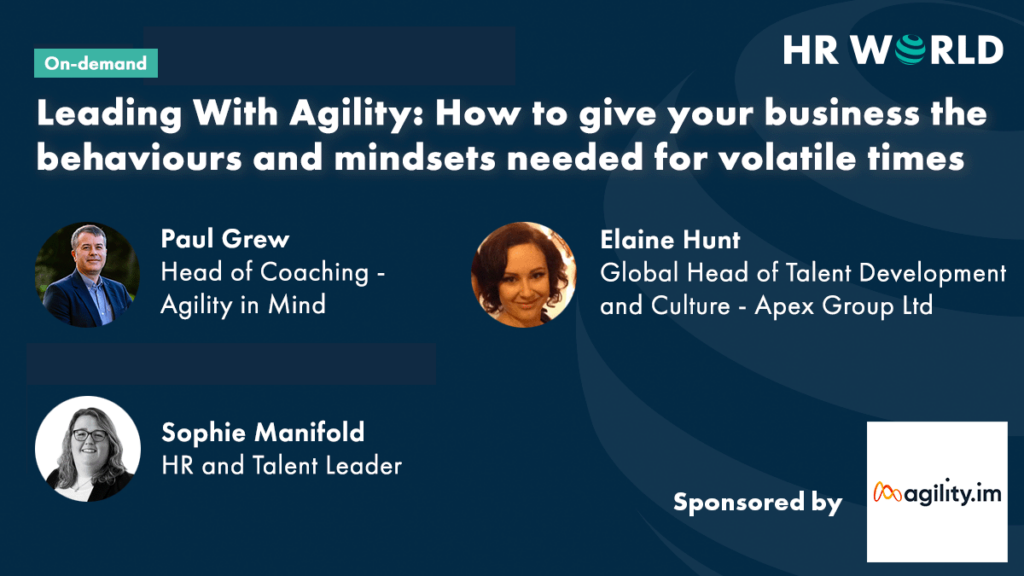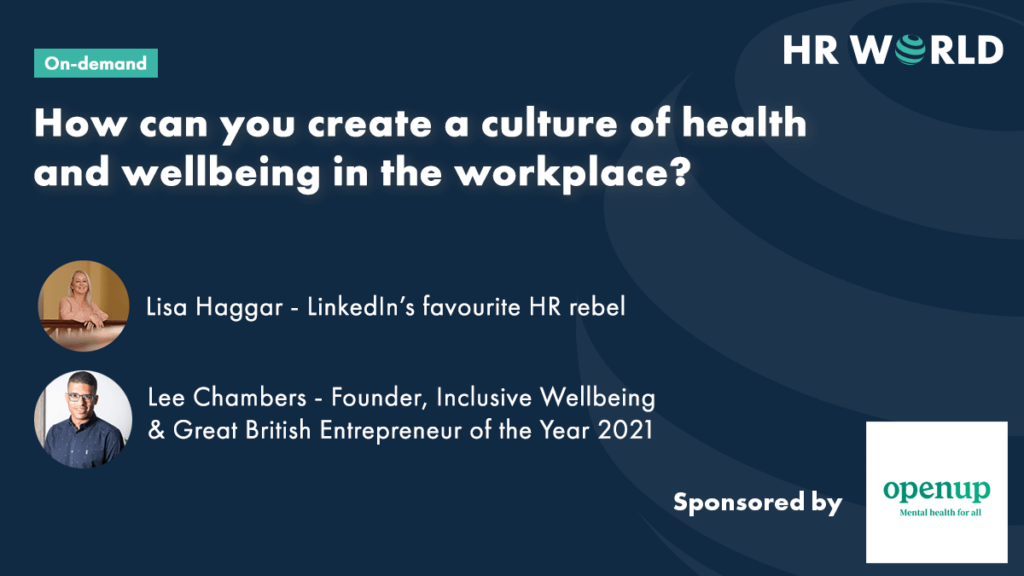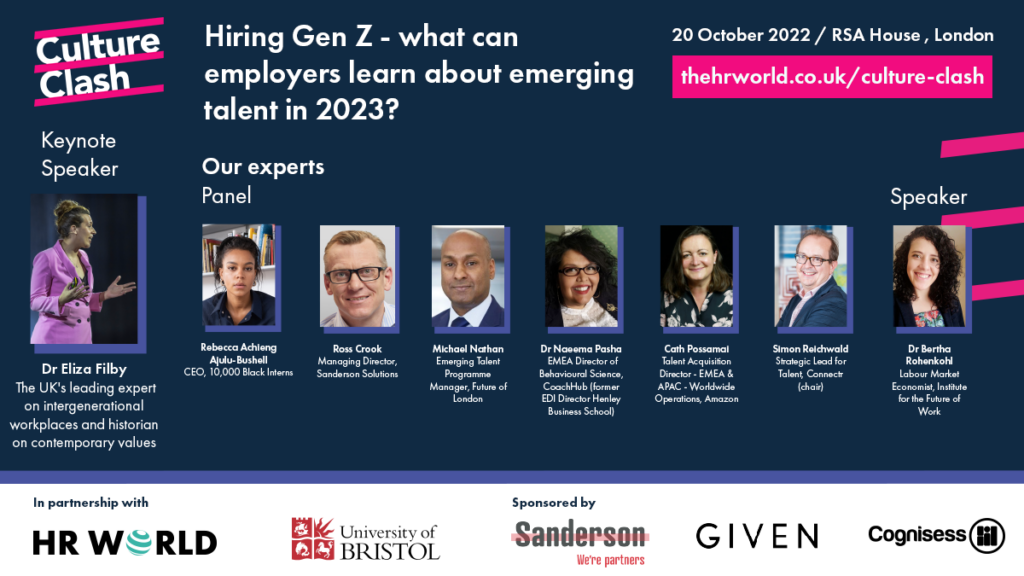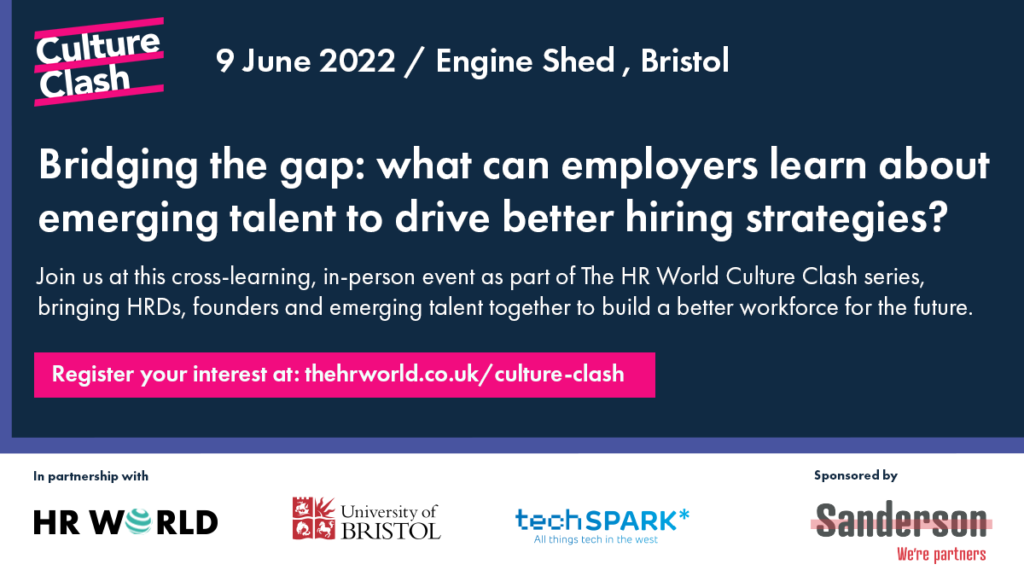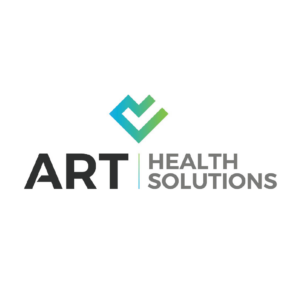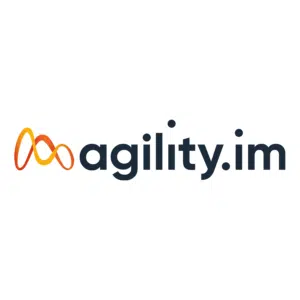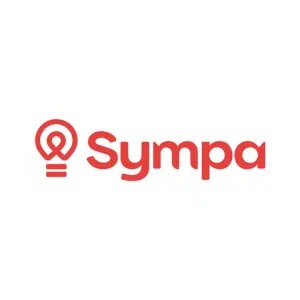Home » Knowledge Hub » Professional Development, Workplace Culture » What to measure when you can measure everything
What to measure when you can measure everything
22 October 2019 Professional Development Workplace Culture
.jpg)
I am not a consistently hard worker. I find I am incredibly productive first thing in the morning and do my best thinking late at night. But every afternoon I suffer through a debilitating decline in energy, output and quality. My ride-the-wave working style is, fortunately, mostly accommodated by my employer and industry. And it is probably the reason I find it hard to think about the future of workplace metrics without feeling threatened.
My worry is that we measure what is easy, not what is valuable. Today, this leads to cultures of presenteeism in knowledge workers. Our lazy brains substitute a hard question (“How effective is this employee?”) with an easy one (“How long does this person spend at their desk?”). It is comparably easy to measure the effectiveness of front-line staff. How many widgets have they built? How many calls have they handled? How much product have they sold? How many breaks have they taken?
Maybe this is why 56% of the UK workforce feels spied upon at work.
Or maybe it’s because many employers monitor staff communications, their keystrokes, their internet histories. Some of this is to counter risk, some to keep workers on task. But there are several services now, including KeenCorp, which can gauge morale, engagement, and their alignment with change programmes by analysing staff emails. Vibe does something similar for Slack messages. Other services claim to flag employees at risk of turnover.
This quest to monitor employee engagement and, correspondingly, to improve productivity isn’t bound to text-based communications. To address a decline in call centre productivity, Bank of America used sensors in ID badges from Humanyze to track their workers. They could tell when colleagues were talking with each other and for how long. They noticed that employees interacted with each other mostly at lunchtime, but that their day was structured in such a way that their breaks only overlapped with other colleagues for 15 minutes. They hoped that by extending this overlapping time, workers would be happier and therefore more productive. They restructured the rotas to accommodate this and achieved a 23% increase in productivity.
While this is a great use of measurement to solve a business problem, it is the ability to easily measure productivity in a call centre which highlighted the problem to begin with. Measuring the productivity of knowledge workers remains a hard problem. Data will only ever be as useful as the questions you ask of it. And while there is a wealth of articles and data on the link between engagement and productivity, I wonder if we’re replacing a hard question with an easy one.
KeenCorp’s email analysis can assess the reaction of employees to the hiring, promotion or dismissal of their colleagues. Dutch bank ABN AMRO can alert traders when they are showing physiological signs of stress, reminding them to slow down and regain their rational thinking. Crossrail workers were monitored with wristbands for signs of fatigue and to assess the resulting risk. These are great questions to ask.
What we should be excited about measuring in the future are the things that we find hard to measure now but that would help us to make better decisions. Yes, scientists are uncovering physiological markers which could predict an employee’s suitability for certain types of job. Whether this kind of testing is something you should explore depends entirely on whether you have a problem with mis-hiring.
There are things that can’t be improved easily because they or their contributors can’t be measured easily today. Employee adaptability. Cognitive diversity. Who works well with who. Network effects within the organisation: who are the influencers; whose departure could trigger other departures? Data can answer these questions, but it is unlikely that a SaaS product will elicit the specific information you need. On the other hand, dedicated data scientists working within your HR team will prove excellent interrogators.
Don’t start off with what you can measure. Work out the problems you have, the questions you need answers to and figure out what you should measure. But, please, let me carry on slacking off in the afternoons.


